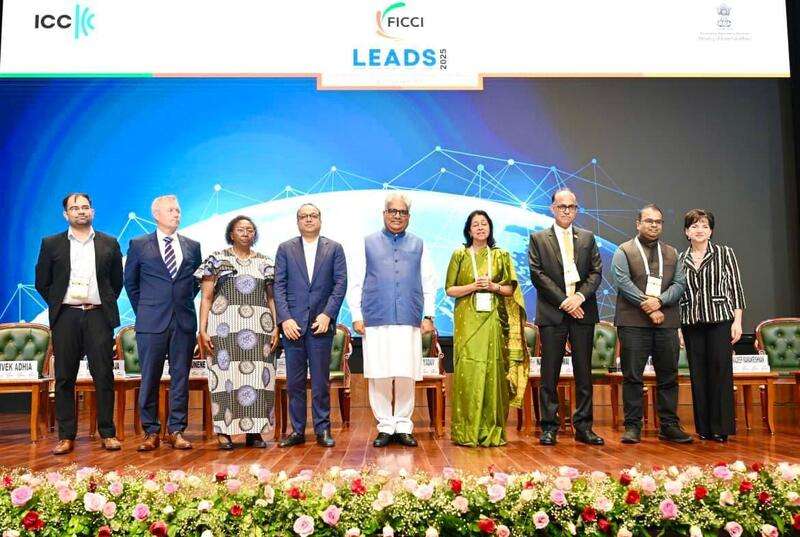
Panel highlights India’s $16B sustainable bond issuances, SBI’s call for adaptation finance, and global best practices in renewable frameworks

New Delhi, September 11, 2025: A high-level panel on green finance underscored the urgent need to go beyond mitigation financing, calling for frameworks that integrate adaptation, circular economy transformation, and SME decarbonisation support. The discussion followed a ministerial address that set the tone for building specialised green financial institutions and expanding credit guarantees in partnership with banks.
Mr. Pradeep Ramakrishnan, Executive Director, Department of Capital Markets, International Financial Services Centres Authority (IFSCA), said India’s IFSC has positioned itself as a climate finance hub by aligning with global taxonomies rather than creating local frameworks. The centre has already facilitated $16 billion in sustainable bond issuances across green, social, and sustainability-linked instruments.
Mr. Ashwini Kumar Tewari, Managing Director of State Bank of India, stressed that adaptation finance must complement the $10 trillion estimated for mitigation. He noted that India’s renewable energy sector has evolved from concessional to mainstream commercial financing, and called for partial credit enhancement measures and inclusion of renewables under priority sector lending guidelines.
Sharing South Africa’s 25-year renewable finance experience, Ms. Bongi Kunene, Managing Director, Banking Association of South Africa, highlighted the pivotal role of government leadership and central bank-driven risk frameworks. She emphasised public–private collaboration in creating sustainable taxonomies.
Mr. Mika Sulkinoja, Coordinator of the World Circular Economy Forum at The Finnish Innovation Fund Sitra, flagged the absence of robust policy mechanisms to accelerate circular business models. While energy transition frameworks are established, he said regulations for circular economy adoption remain weak. He advocated price interventions to make secondary raw materials more competitive, pointing to the low 8% global circularity rate.
Adding a corporate lens, Ms. Susan Potgieter, Whitespace Incubation Director, APAC India Regional Growth Office, Hitachi Australia, cautioned that “green is not enough anymore.” She called for financially sustainable and resilient projects, stressing early financial institution involvement in innovation processes and greater support for SMEs in their decarbonisation journeys.
About the Conference
The panel was part of an international dialogue on sustainable finance, bringing together policymakers, regulators, financial institutions, and industry leaders to accelerate global green transition efforts.






























